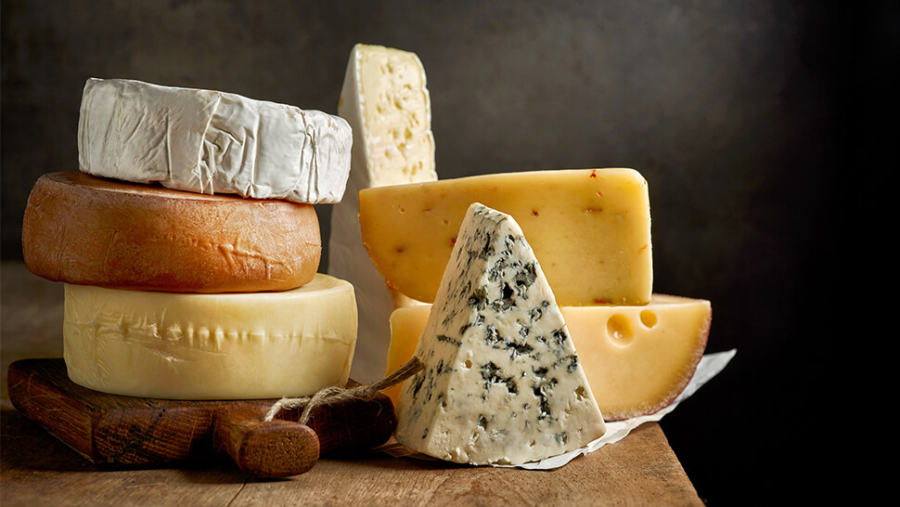

Two weeks ago the Court of Justice of the EU (CJEU) held that copyright could not vest in the taste of a spreadable cheese. This was an important case (Levola Hengelo C-310/17) because it considered what works could and could not be protected by copyright.
Copyright is an IP right that often confuses so we aim here to clarify what it can protect.
What is eligible for copyright protection?
Copyright covers ‘works’, these can be:
• literary (e.g. books, poems, songs, databases, presentations etc.)
• dramatic (e.g. dances, plays etc.)
• musical (e.g. a musical score etc.)
• artistic (e.g. photographs, architecture, paintings etc.)
• sound recordings (e.g. a film soundtrack)
• films, broadcasts and typographical arrangements (the layout of words and symbols on the printed page).
These works MUST be original, the expression of the author’s own intellectual creation and must be creative.
Where do I register copyright?
It is often assumed that copyright should be registered somewhere; this is a misconception – copyright is an automatic right in the UK, you do not register it anywhere.
How can I tell people my work is protected by copyright?
You can use the © symbol on your work, this is usually displayed as © [name of author].
How long does copyright last for?
Usually for 70 years after the death of the author (it is different for sound recordings, broadcasts and typographical arrangements).
Why did the CJEU decide the taste of cheese could not be protected by copyright?
The court considered that a ‘work’ must be expressed in a manner that makes it identifiable in order to be afforded copyright protection, and deemed that the taste of a product cannot be identified in this way. This is because the cheese will be experienced differently by consumers – one consumer might identify the flavour by how it tastes with bread, another might use it as a pasta sauce and therefore the flavour would be different; the taste to a child might be different to an elderly person etc.
As copyright refers to the expression of an intellectual idea, not the methodology, or the recipe itself, this means the final product has to be specific, unique, and “identifiable with sufficient precision and objectivity”. As taste can’t be described objectively, the court decided that the cheese could not be protected by copyright as a work.










